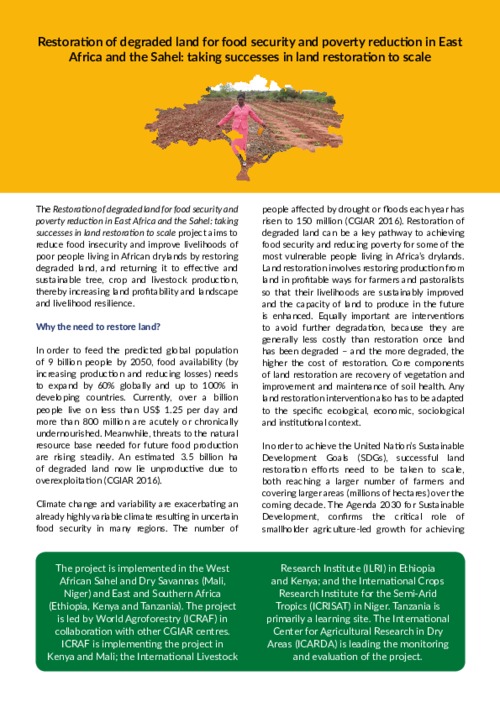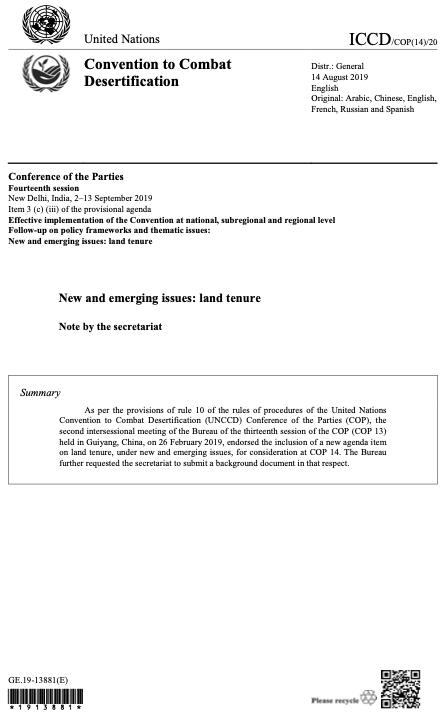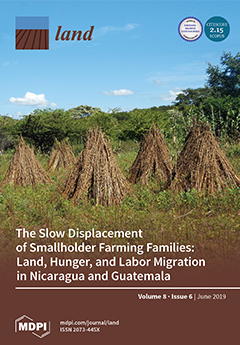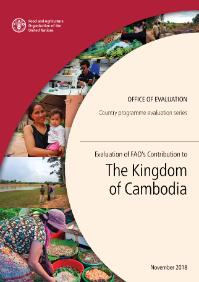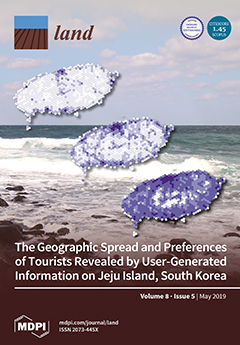Restoration of degraded land for food security and poverty reduction in East Africa and the Sahel: taking successes in land restoration to scale
The Restoration of degraded land for food security and poverty reduction in East Africa and the Sahel: taking successes in land restoration to scale project aims to reduce food insecurity and improve livelihoods of poor people living in African drylands by restoring degraded land, and returning it to effective and sustainable tree, crop and livestock production, thereby increasing land profitability and landscape and livelihood resilience.

